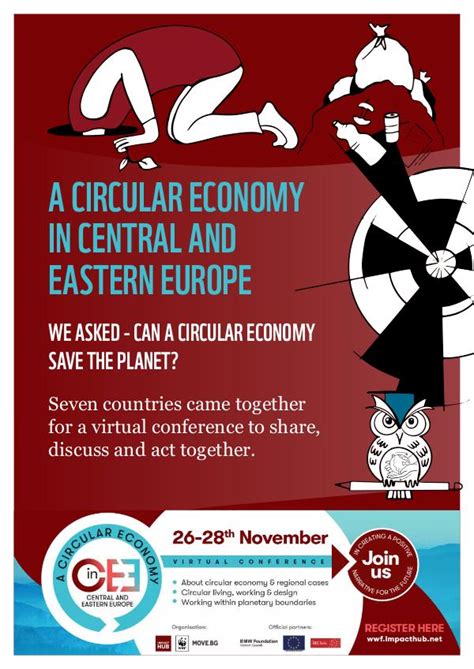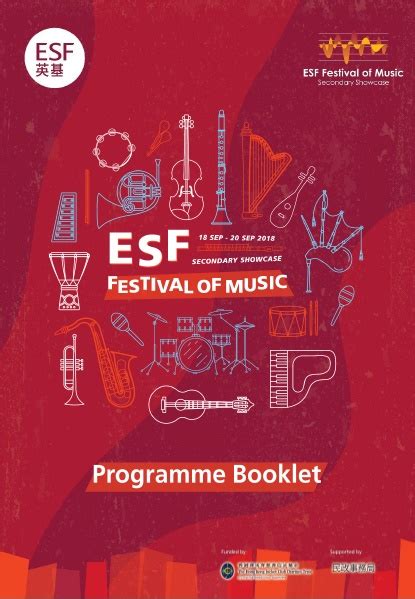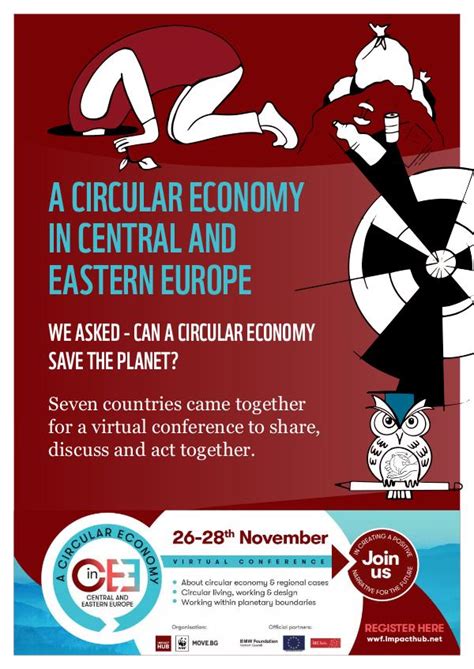In today’s dynamic business environment, mastering the art of ICCE—organizing impactful conferences, engaging webinars, and securing strategic sponsorships—is crucial for driving business growth and enhancing brand visibility. This comprehensive guide delves into the essential strategies for creating memorable events that not only connect with your audience but also showcase your products and build lasting relationships. From meticulous conference planning and innovative webinar design to effective sponsorship management and audience engagement techniques, we provide expert tips to help you excel. Explore the latest tools and technologies in event management, understand key metrics for measuring success, and discover future trends shaping the world of ICCE and event marketing.
sizecredit.com offers a detailed exploration of this topic.
1. Overview of ICCE: Definition and Importance
ICCE, which stands for Impactful Conferences, Engaging Webinars, and Securing Strategic Sponsorships, is a multifaceted approach to event marketing that plays a pivotal role in today’s business landscape. These components are designed to maximize audience engagement, enhance brand visibility, and drive business growth through well-planned and executed events.
Conferences are traditional yet powerful platforms that bring together industry professionals, thought leaders, and potential clients in a collaborative environment. They provide opportunities for knowledge sharing, networking, and showcasing innovations. Engaging webinars, on the other hand, leverage digital platforms to reach a global audience, offering interactive sessions that can educate, inform, and engage participants in real-time.
Securing strategic sponsorships is a critical aspect of ICCE, as it not only provides necessary funding but also lends credibility and increases the reach of the events. Effective sponsorship management ensures that both the event organizers and the sponsors achieve their objectives, creating a win-win scenario.
The importance of ICCE lies in its ability to create memorable experiences that resonate with attendees, foster relationships, and generate leads. By mastering ICCE, businesses can significantly enhance their marketing efforts, ultimately contributing to sustained business growth and a strong market presence.

2. Key Components of Successful Conference Planning
Successful conference planning involves several key components that ensure a seamless and impactful event. First, define clear objectives that align with your business goals, such as networking, education, or lead generation. Next, choose a suitable venue that accommodates your expected audience and offers necessary amenities. Effective agenda setting is crucial, balancing keynote speeches, panel discussions, and networking opportunities to keep attendees engaged.
Engaging speakers and thought leaders can significantly enhance the conference’s value, so careful selection and thorough briefing are essential. Additionally, leveraging technology for registration, attendee management, and interactive sessions can streamline the process and improve the attendee experience.
Marketing and promotion play a vital role in driving attendance, requiring a strategic mix of digital marketing, social media outreach, and traditional advertising. On the day of the event, ensure smooth execution with a well-coordinated team and contingency plans for potential issues. Post-event follow-up is equally important, involving feedback collection, sharing event highlights, and nurturing leads generated during the conference.

3. Strategies for Designing Engaging Webinars
Designing engaging webinars requires strategic planning and execution to capture and retain audience attention. Begin with a compelling topic that addresses the interests and needs of your target audience. Conduct thorough research to ensure the content is relevant, informative, and provides value.
Select a dynamic presenter or panel of experts who can deliver the material confidently and engagingly. Use interactive elements such as polls, Q&A sessions, and live chats to foster audience participation and keep the session lively. High-quality visuals, including slides, videos, and infographics, can enhance understanding and maintain interest.
Promote your webinar effectively through email marketing, social media, and partnerships with relevant organizations. Clear and concise registration processes, along with timely reminders, can increase attendance rates. Ensure your webinar platform is reliable, user-friendly, and equipped with features that support interactivity and engagement.
During the webinar, encourage active participation by posing questions to the audience and acknowledging their responses. Keep the content concise and focused, avoiding information overload. A well-paced presentation with a balance of speaking and interactive segments can keep viewers engaged throughout.
After the webinar, follow up with attendees by sharing the recorded session, additional resources, and a feedback survey. This not only extends the value of the webinar but also provides insights for improving future sessions. Engaging webinars not only educate but also build stronger connections with your audience, driving ongoing engagement and business growth.

4. Best Practices for Securing and Managing Sponsorships
Securing and managing sponsorships is a critical aspect of successful event planning that requires strategic approaches and clear communication. Begin by identifying potential sponsors whose goals align with your event’s objectives and target audience. Create a compelling sponsorship proposal that outlines the benefits and ROI for the sponsors, including brand visibility, lead generation, and networking opportunities.
Tailor your sponsorship packages to offer various levels of investment, each with distinct benefits such as logo placements, speaking opportunities, and exclusive access to attendees. This flexibility can attract a broader range of sponsors. Personalize your outreach to potential sponsors by understanding their business needs and demonstrating how your event can help achieve their goals.
Once sponsorships are secured, maintain transparent and regular communication with your sponsors. Provide detailed information about the event schedule, branding opportunities, and logistical requirements. Ensure that their expectations are met by delivering on all promised benefits and providing a seamless experience.
During the event, highlight sponsors through prominent logo displays, verbal acknowledgments, and dedicated sessions if applicable. Post-event, offer detailed reports that include metrics on sponsor exposure and attendee engagement. This demonstrates the value of their investment and builds a foundation for future collaboration.
By effectively securing and managing sponsorships, you not only enhance the event’s financial viability but also establish long-term partnerships that can benefit future events.

5. Techniques for Effective Audience Engagement
Effective audience engagement is crucial for the success of any event. Start by understanding your audience’s interests and preferences to tailor content that resonates with them. Interactive elements are key; incorporate live polls, Q&A sessions, and chat features to foster participation and keep attendees involved.
Utilize engaging multimedia, such as videos, infographics, and dynamic presentations, to make your content visually appealing and easier to grasp. Encourage audience interaction through breakout sessions or small group discussions, which can provide more personalized and meaningful exchanges.
Personalization is another effective technique. Address attendees by name, customize content based on their interests, and use data to tailor interactions. Gamification can also boost engagement by incorporating quizzes, competitions, and rewards that make the experience more enjoyable and memorable.
Maintaining a conversational tone and inviting feedback during and after the event helps keep the audience engaged. Provide opportunities for attendees to share their thoughts and ask questions, ensuring they feel heard and valued.
Finally, follow up with personalized messages, additional resources, and event highlights. This not only reinforces the value of their participation but also helps in building lasting relationships and preparing for future engagements.

6. Tools and Technologies for Event Management
Utilizing the right tools and technologies is essential for efficient event management. Start with event management software that streamlines planning, registration, and attendee tracking. Platforms like Eventbrite or Cvent offer features for ticketing, scheduling, and real-time updates.
For virtual and hybrid events, reliable webinar platforms such as Zoom, Microsoft Teams, or Webex are crucial. These tools support live streaming, audience interaction, and breakout sessions, enhancing participant engagement.
Use marketing automation tools to manage promotions and communications. Tools like Mailchimp or HubSpot can help with email campaigns, social media integration, and lead nurturing.
Incorporate engagement technologies, such as mobile event apps, which provide attendees with schedules, speaker information, and networking opportunities. Additionally, analytics tools are valuable for measuring event success through metrics like attendance rates, participant feedback, and engagement levels.
Adopting these tools ensures smooth event execution, effective audience engagement, and accurate performance assessment, contributing to the overall success of your event.

7. Measuring Event Success: Metrics and KPIs
Measuring event success involves evaluating various metrics and key performance indicators (KPIs) to assess effectiveness and ROI. Start with attendance metrics, including the number of registrants, actual attendees, and participant demographics. This data helps determine the reach and appeal of your event.
Engagement metrics are crucial for understanding how participants interacted with the content. Track session attendance, participation in Q&A sessions, and use of interactive features such as polls and chat. These indicators reveal how well the content resonated with the audience.
Sponsorship effectiveness can be measured through visibility metrics, such as logo impressions and sponsor engagement, alongside feedback from sponsors on their perceived value.
Additionally, gather qualitative data through post-event surveys to capture attendee satisfaction, content relevance, and overall experience. Evaluate lead generation by tracking the number of new contacts and potential business opportunities resulting from the event.
By analyzing these metrics and KPIs, you gain insights into the success of your event, identify areas for improvement, and demonstrate value to stakeholders and sponsors.

8. Case Studies: Examples of Successful ICCE Events
Examining case studies of successful ICCE events provides valuable insights into effective strategies and best practices. One notable example is the annual Tech Innovators Conference, which combines a well-organized in-person conference with engaging webinars. This event effectively integrated high-profile speakers and interactive sessions, resulting in a 30% increase in attendee engagement year-over-year. The use of a dedicated event app facilitated real-time updates and networking, contributing to its success.
Another successful case is the Global Marketing Summit, which secured strategic sponsorships from major industry players. The sponsorship packages offered significant brand exposure, including prominent logo placements and speaking opportunities. This approach not only enhanced the event’s credibility but also generated substantial revenue. The summit’s interactive workshops and breakout sessions were highly praised for fostering participant engagement and creating valuable networking opportunities.
Lastly, the Virtual Healthcare Symposium demonstrated excellence in hybrid event management. By leveraging advanced webinar technologies and incorporating live Q&A sessions, the symposium achieved a 40% increase in global attendance compared to previous years. Post-event surveys revealed high satisfaction rates and strong interest in follow-up content.
These examples illustrate how strategic planning, effective sponsorship management, and innovative technologies can drive the success of ICCE events, enhancing attendee experience and achieving business objectives.

9. Future Trends in ICCE and Event Marketing
The future of ICCE and event marketing is poised for significant transformation, driven by emerging trends and technological advancements. One prominent trend is the rise of hybrid events, which combine in-person and virtual elements to reach a broader audience. This approach offers flexibility and inclusivity, allowing participants from around the world to engage with content and network regardless of their location.
Another trend is the increasing use of artificial intelligence (AI) and machine learning to personalize attendee experiences. AI-driven tools can analyze participant data to tailor content recommendations, optimize event schedules, and enhance engagement through chatbots and automated responses.
Sustainability is becoming a key focus, with event planners prioritizing eco-friendly practices such as digital ticketing, reducing waste, and incorporating green technologies. This shift reflects growing awareness of environmental impact and responds to attendees’ preferences for sustainable events.
Interactive technologies, including augmented reality (AR) and virtual reality (VR), are also gaining traction. These technologies offer immersive experiences that can make events more engaging and memorable, from virtual tours to interactive product demos.
Finally, data analytics will continue to play a crucial role in shaping future events. Advanced analytics tools will provide deeper insights into attendee behavior, engagement, and satisfaction, enabling organizers to refine their strategies and deliver increasingly impactful events. These trends collectively promise to enhance the effectiveness and appeal of ICCE events, driving innovation and growth in the event marketing industry.

Mastering ICCE is essential for organizing impactful conferences, engaging webinars, and securing valuable sponsorships. By understanding key components, employing effective strategies, and leveraging the latest tools and trends, event organizers can create memorable experiences that drive business growth and enhance brand visibility. Embracing these practices will ensure your events stand out and achieve lasting success in a competitive landscape.
sizecredit.com
